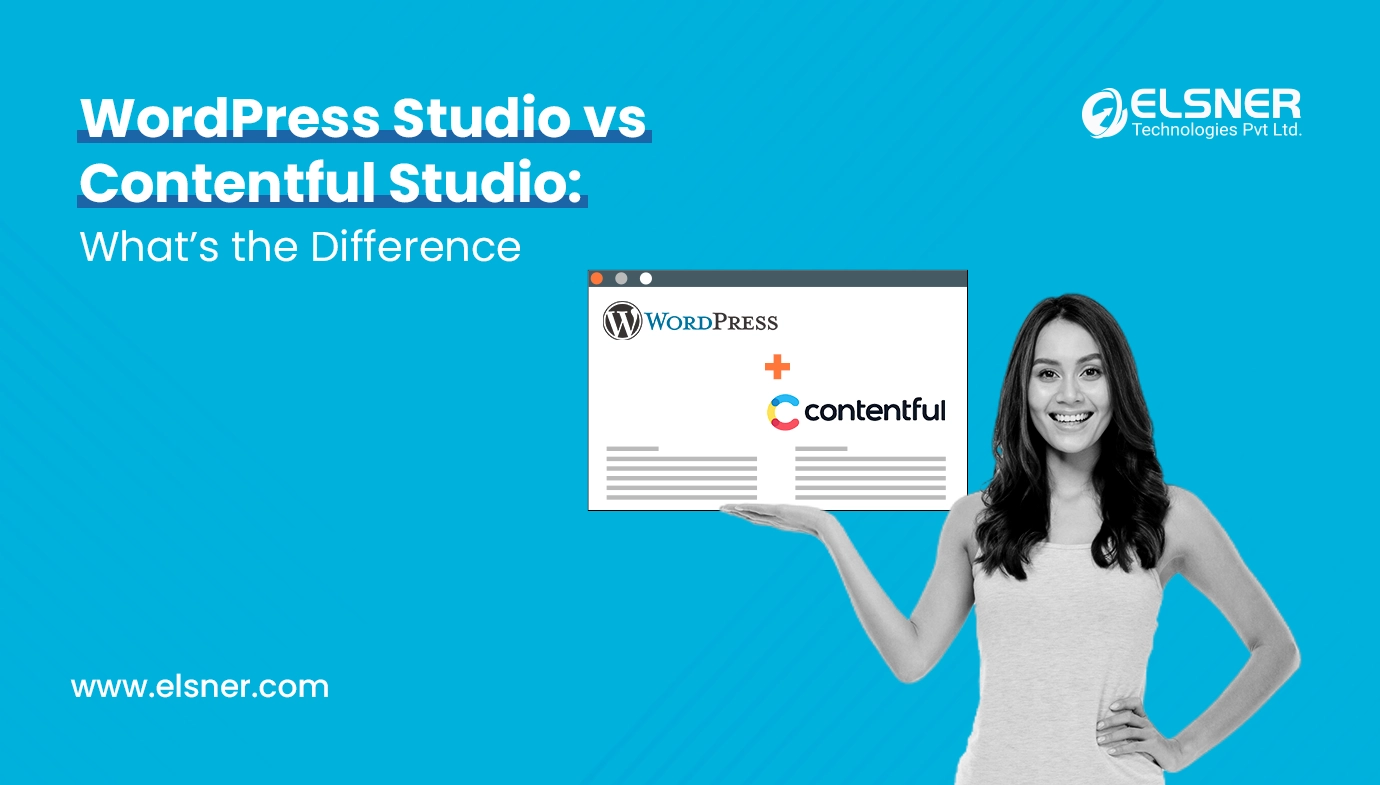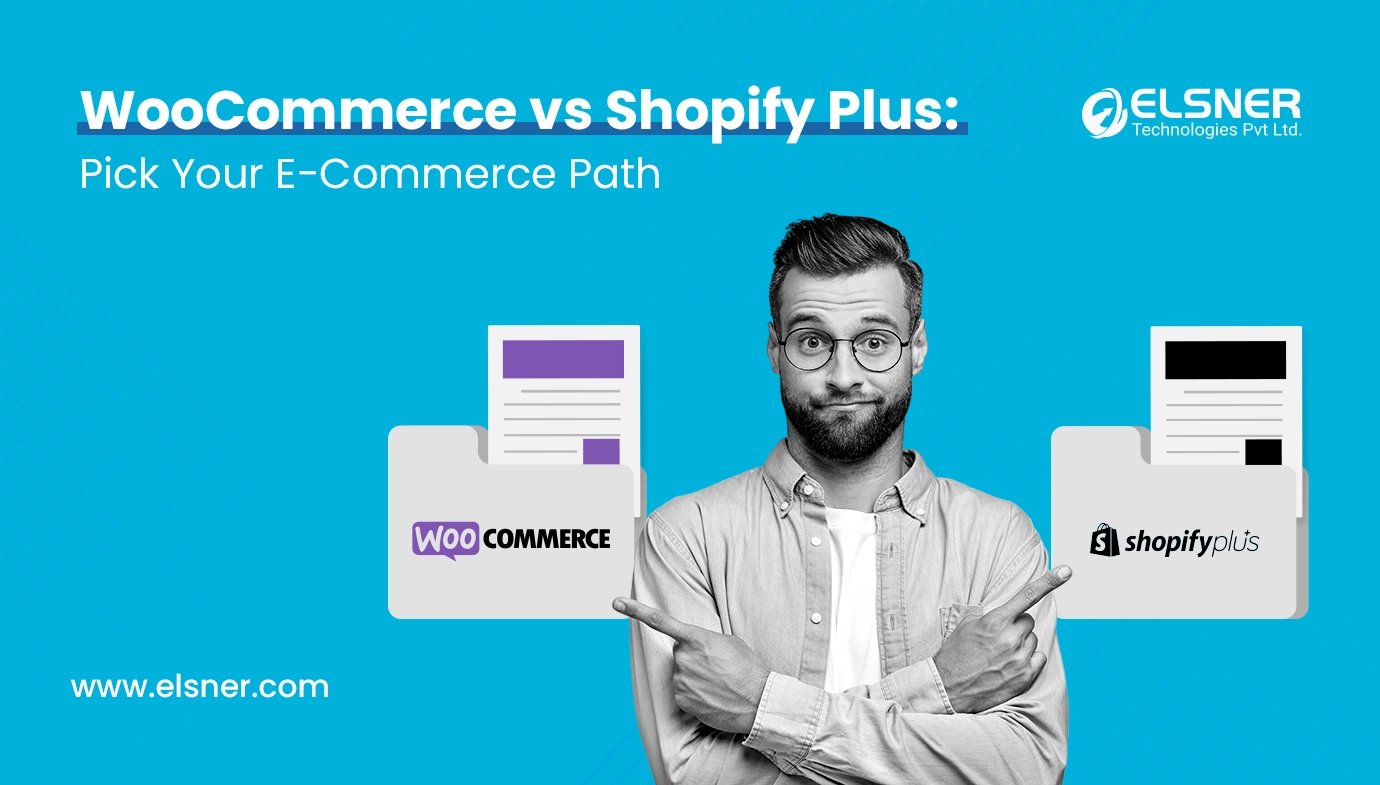Are you a business owner who is looking forward to kickstarting your sales volume and boosting your overall operations? If yes, it is high time to leverage a robust tool. Two prominent platforms that can help in attaining specific goals are Zoho and WooCommerce. But at this point, you may be confused about which of these two platforms to choose. In this case, you can take the help of WooCommerce experts who can help you make the right choice. Here, we will explain to you the points comparing Zoho and WooCommerce that help you to make the best decision. So, let’s get started:
What are the Key Distinctions between WooCommerce and Zoho?
Features Comparison
1. Ecommerce Abilities
WooCommerce
- Payment Gateways: WooCommerce is known for supporting a diverse range of payment gateways. It includes Stripe, PayPal, and different regional options. WooCommerce experts can help you to learn further details about this.
- Product Management: It provides extensive product management features that encompass support for digital and physical products, inventory management, and variable products.
- Plugins and Extensions: This platform possesses an extensive library of plugins and extensions that lets businesses add functionalities like bookings, memberships, and subscriptions.
- Shipping Options: WooCommerce also offers flexible shipping options which include free shipping, flat rate, and real-time shipping calculations.
Zoho
- Zoho Commerce: Zoho Commerce which is the Ecommerce solution of Zoho provides tools for building and managing Ecommerce stores. It includes specific features such as payment processing, order management, etc.
- Customization: Zoho Commerce lets you easily customize the layout and design of your Ecommerce store. However, it is not as flexible as WooCommerce, especially in terms of theme and plugin options.
- Integration with Other Zoho Apps: Zoho Commerce seamlessly integrates with other Zoho apps like Zoho CRM, Zoho Inventory, and Zoho Books. This way, it provides a centralized platform for effective management of various facets of the business.
2. Integration and CustomizationWooCommerce
- WordPress Integration: WooCommerce deeply integrates with WordPress, using the flexibility of the CMS and a large ecosystem of themes and plugins. You can hire WooCommerce developer in case you are seeking related solutions.
- Customization Options: Businesses are able to tailor the functionality and design of their Ecommerce store, especially through plugins, themes, and custom code.
- APIs and Webhooks: This platform is known for offering webhooks and APIs to developers so that they can craft custom integrations and automate workflows.
Zoho
- APIs and Integrations: Zoho offers APIs and pre-built integrations with recognized 3rd party apps. It enables businesses to connect their tools and automate processes.
- Customization: This platform allows customization, especially through its scripting, custom modules, and drag-and-drop builder.
- Zoho Ecosystem: Zoho’s suite of apps integrates seamlessly, which offers a cohesive experience for the effective management of different business functions.
3. CRM or Customer Relationship Management
- WooCommerce CRM Plugins: There is the availability of multiple CRM plugins that are specially designed for WooCommerce. These plugins are known for providing distinct features email marketing, customer support, and customer segmentation. If you want to make the most out of it, you can hire WooCommerce developer.
- 3rd Party CRM Integration: WooCommerce can be integrated with different CRM platforms like HubSpot, Salesforce, and Zoho CRM through APIs and plugins.
Zoho
- Zoho CRM: Zoho CRM is a feature-rich and robust platform that is known for providing comprehensive customer relationship management abilities. It includes lead management, sales automation as well as analytics. Many of the agencies offering WooCommerce services, even offer assistance related to Zoho setup.
- Integration with Zoho Apps: Zoho CRM integrates well with other Zoho apps which helps in offering a unified view of customer data, especially across various business functions.
4. Marketing AutomationWooCommerce
- Retargeting and Ads: Businesses can leverage WooCommerce plugins for setting up retargeting ads on specific platforms such as Facebook and Google.
- Email Marketing: WooCommerce is known for supporting integration with different email marketing platforms such as Sendinblue, Mailchimp, and Constant Contact for automated email campaigns.
- Analytics: This platform even offers basic analytics. Also, through integration with Google Analytics and other analytics tools, you can attain more intricate tracking.
Zoho
- Zoho Campaigns: Zoho Campaigns is a recognized email marketing tool that effectively integrates with Zoho CRM. With this, you can come up with customized email campaigns based on the customer data.
- Zoho Marketing Automation: This platform even provides a dedicated marketing automation platform that effectively integrates with Zoho CRM along with other Zoho applications. It includes distinct features such as lead nurturing, social media marketing, and a lot more.
5. User Experience and Ease of Use
WooCommerce comes with specific features that contribute to making it user-friendly. In this case, the setup process is pretty simple. If you need any such aid, you can choose WooCommerce development solutions. You will find a wizard that guides users through initial configurations. Its large community and extensive documentation offer ample resources for learning and troubleshooting. However, it can turn out to be complicated to manage a WooCommerce store particularly when the business achieves growth. In such a case, you may require additional plugins and customizations.
Zoho
The interface of Zoho is intuitive and clean which is designed to effectively streamline business operation. This platform again offers extensive onboarding support which includes webinars, tutorials, and customer support. Also, the integrated ecosystem of Zoho facilitates reducing the complexity of managing multiple applications which helps in offering a smooth user experience. However, new users may find the extensive range of features of this platform to be overwhelming. They may need to devote time to fully exploring and using the capabilities of the platform.
6. Pricing and Scalability
WooCommerce
- Scalability: WooCommerce is known for its incredible scalability, which is capable of handling small stores to large Ecommerce websites with thousands of products. However, it is important to conduct performance optimization with your store to achieve growth for ensure seamless operation. For more information, you can get in touch with an agency who is dedicated to offering best-in-class WooCommerce services.
- Cost: This platform itself is free, but you may have to incur costs whenever you choose premium themes, hosting, and plugins. Businesses get the flexibility to scale their expenses on the basis of their unique requirements.
Zoho
- Scalability: The cloud-based infrastructure of Zoho helps in ensuring scalability which lets businesses add users and features as they eventually grow. Also, the integrated suite of applications is known for better facilitating smooth expansion. The best part is that you do not require considerable reconfiguration for this.
- Cost: Zoho is known for providing a wide diversity of pricing plans which includes free tiers for some applications whereas, subscription-based plans for intricate features. In this case, it is possible to manage the cost depending on the specific Zoho applications and services employed.
7. Customer Support
WooCommerce is dedicated to providing a large community forum, extensive documentation and different 3rd party resources. Here, as a user, you are assured of receiving premium support for every successful purchase of themes and extensions from WooCommerce.com. In this regard, one should essentially note that the level of support can typically vary based on the source of plugins and themes. Some developers are dedicated towards offering excellent support.
Zoho
Zoho comes with outstanding customer support including 24/7 phone and email support for most paid plans. The platform is also known for providing extensive documentation, live chat support and community forums. It even provide comprehensive support which help in making sure that the businesses are able to swiftly resolve concerns and make the most out of their apps.
8. Security and Compliance
WooCommerce
- Compliance: WooCommerce can be easily configured to comply with different regulations, like GDPR, by employing proper plugins and configurations.
- Security: Security in this platform largely relies on the hosting provider along with the implementation of best practices. Frequent updates, secure hosting and security plugins are known for playing a pivotal role in maintaining a secure WooCommerce store.
Zoho
- Compliance: Zoho is compliant with different international regulations and standards. It includes HIPAA, GDPR and SOC 2. This helps in making sure that the businesses can trust Zoho with their data and effectively meet regulatory requirements.
- Security: Zoho places utmost emphasis on the security aspect and offers different features such as frequent security audits, two-factor authentication and encryption. The cloud infrastructure of Zoho is designed to offer high level of reliability and security.
Which Platform is Considered Ideal for Your Business?
The selection between Zoho and WooCommerce is dependent on multiple factors such as your existing infrastructure, business requirements and long-term goals.
One should consider selecting WooCommerce or choose WooCommerce store development services if:
- You already use WordPress and looking for a smooth Ecommerce integration.
- You are looking for extensive flexibility and customization in your Ecommerce store.
- Your main focus is on Ecommerce and you need strong product management and sales features.
- You provide preference to an open-source solution with a large community and a diverse range of themes and plugins.
On the other hand, choosing Zoho is a good idea in case:
- You necessitate an integrated suite of business apps beyond Ecommerce like marketing automation, CRM and project management.
- You are looking for a unified platform that typically covers different aspects of your business operations.
- You want a cloud-based solution with built-in security and scalability.
- You value strong customer support along with comprehensive onboarding resources.
In a Nutshell
WooCommerce excels in offering a tailored and flexible Ecommerce platform, especially for businesses who are already leveraging WordPress. On the contrary, Zoho provides a comprehensive range of integrated applications that can considerably improve business productivity along with efficiency. In case you are looking for WooCommerce Zoho CRM integration, you can contact a professional WooCommerce development company. They will even offer you related aid to best solve your concerns.

About Author
Pankaj Sakariya - Delivery Manager
Pankaj is a results-driven professional with a track record of successfully managing high-impact projects. His ability to balance client expectations with operational excellence makes him an invaluable asset. Pankaj is committed to ensuring smooth delivery and exceeding client expectations, with a strong focus on quality and team collaboration.





